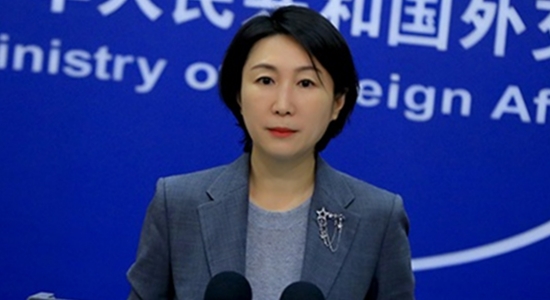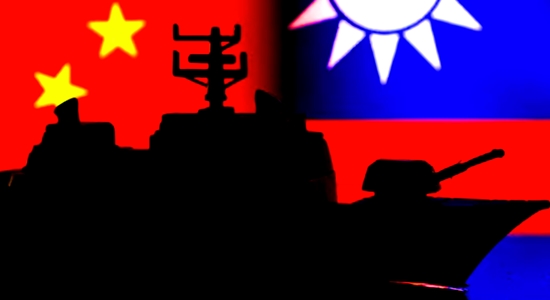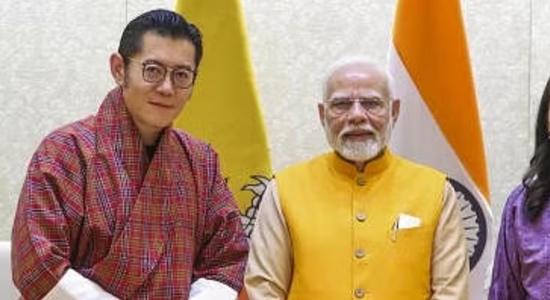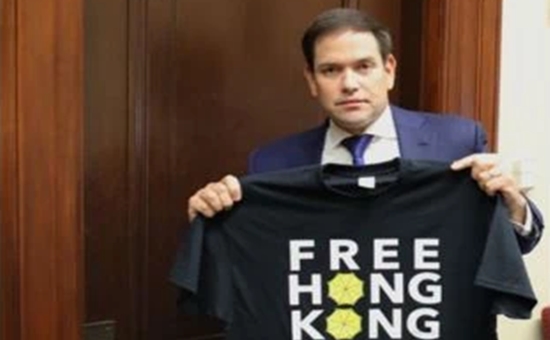Do new regulations to prevent the sale by U.S. companies of sophisticated semiconductor tech to the Chinese Communist Party mean anything?
The question is invited by the fact that just-installed export controls on such tech seem to be littered with loopholes. In which case, what was the point?
Questions about culture
Congressman John Moolenaar, chairman of the House Select Committee on the Chinese Communist Party, has written to Secretary of Commerce Gina Raimondo about the Bureau of Industry and Security’s new export control rule. The new rule, he says, “created several loopholes that will still allow bad PRC actors continued access to U.S. technology.”
The scope, frequency, and brazen nature of these loopholes raise real questions about the culture at BIS and why BIS continues to facilitate shipments of U.S. technology to PRC entities like Semiconductor Manufacturing International Corporation, an entity that has broken U.S. law….
The new rule also created new loopholes for Huawei’s network of semiconductor fabrication facilities [“fabs”]. While I was encouraged that BIS added Si’En Qingdao to the Entity List with a “presumption of denial” licensing policy, other Huawei firms, such as SwaySure Technology and Shenzhen Pengxinxu Technology, got special carve-outs to continue to access certain types of U.S. technology. Meanwhile, BIS has taken no action against ChangXin Memory Technologies, which is poised to become a leader in the very same HBM technology BIS just export-controlled.
In yet another example, BIS created a new loophole for U.S. companies to continue shipping advanced technology to blacklisted PRC semiconductor fabs that are connected to unlisted fabs….
There is no national security justification for these loopholes.
According to a commerce.gov page, “The Bureau of Industry and Security (BIS) advances U.S. national security” and other objectives “by ensuring an effective export control and treaty compliance system….” It’s aspirational.
Moolenaar’s letter will have no short-term effect.
What happens is that some persons in the government, maybe even our purported current president, do want to stop supplying the CCP and other dictatorships with American tech that they can use to facilitate their tyranny and threaten other countries. Whereas other persons, inside or outside of government, are eager to continue supplying the CCP and other dictatorships with American tech that they can use to facilitate their tyranny and threaten other countries.
Who benefits?
Do both the anti-CCP-enabling and pro-CCP-enabling sides win if the export controls are “implemented” but are implemented only haphazardly at best?
No. It’s a pure victory for the bad guys. What to do. Well, anybody who possesses the theoretically relevant authority, like a president of the United States, could put his foot down and order an obstreperous agency that is theoretically under his purview to patch the export controls in such a way that they become effective. In short, fix it.
President Joe Biden should fix it and he should also install a hotline to the Select Committee on the CCP.





